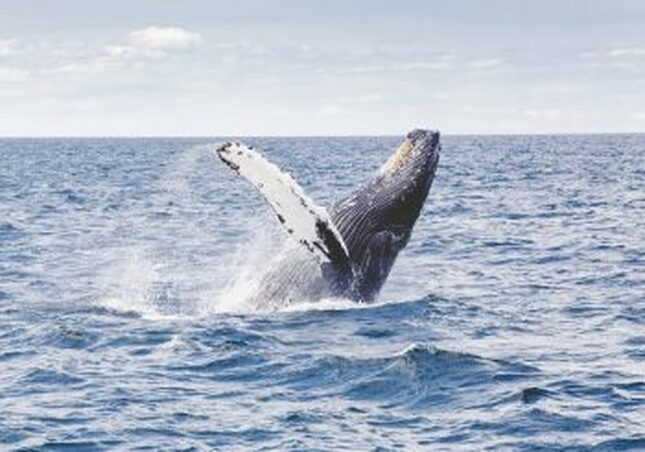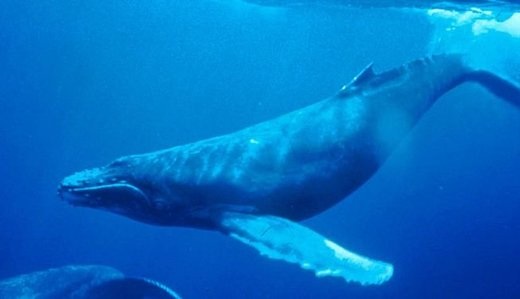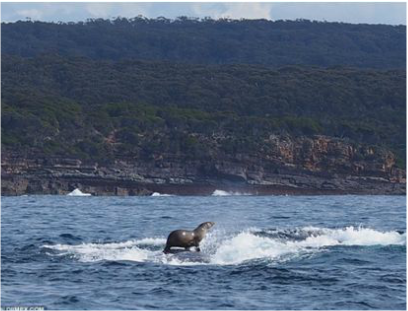April 13th, 2020, By Nikki Harper,Staff Writer for Wake Up World
Using evidence from successful marine conservation projects around the world, researchers from four continents, ten countries and sixteen universities have been able to identify and narrow down the most crucial steps governments around the world must take if this narrow window of opportunity is to be taken. Although threats from climate change and over-fishing are becoming ever more acute, the marine life losses we saw in the 20th century have to some extent slowed in the 21st century so far – and in some cases, remarkable success has been achieved. Take the global population of humpback whales, for example – a species which was on the brink of extinction in 1968, but which now numbers more than 40,000. Northern elephant seals are another example of what the report terms “impressive resilience” – numbering just 20 breeding animals in 1880, today there are more than 200,000.
Such good news stories are important for individual species, but they’re also important for global marine management, provided that the lessons learned from them can be scaled up and applied quickly.
The new study states that marine life recovery can be accelerated by large scale interventions – to such an extent, if done well, that we may see substantial ocean life recovery within the next two to three decades. Researchers have identified broad themes necessary to support this recovery, such as the protection of species, wise harvesting, protected spaces, habitat restoration, pollution reduction and climate change mitigation. Each of these themes contains specific actions which should be brought to bear on nine integral elements of marine life, namely deep sea, megafauna, fisheries, oyster reefs, kelp, coral reefs, seagrass, mangroves and saltmarshes.
The entire article can be read here: https://wakeup-world.com/2020/04/13/hope-for-the-worlds-oceans-major-new-study-provides-route-map-to-recovery-in-just-30-years/



















 RSS Feed
RSS Feed